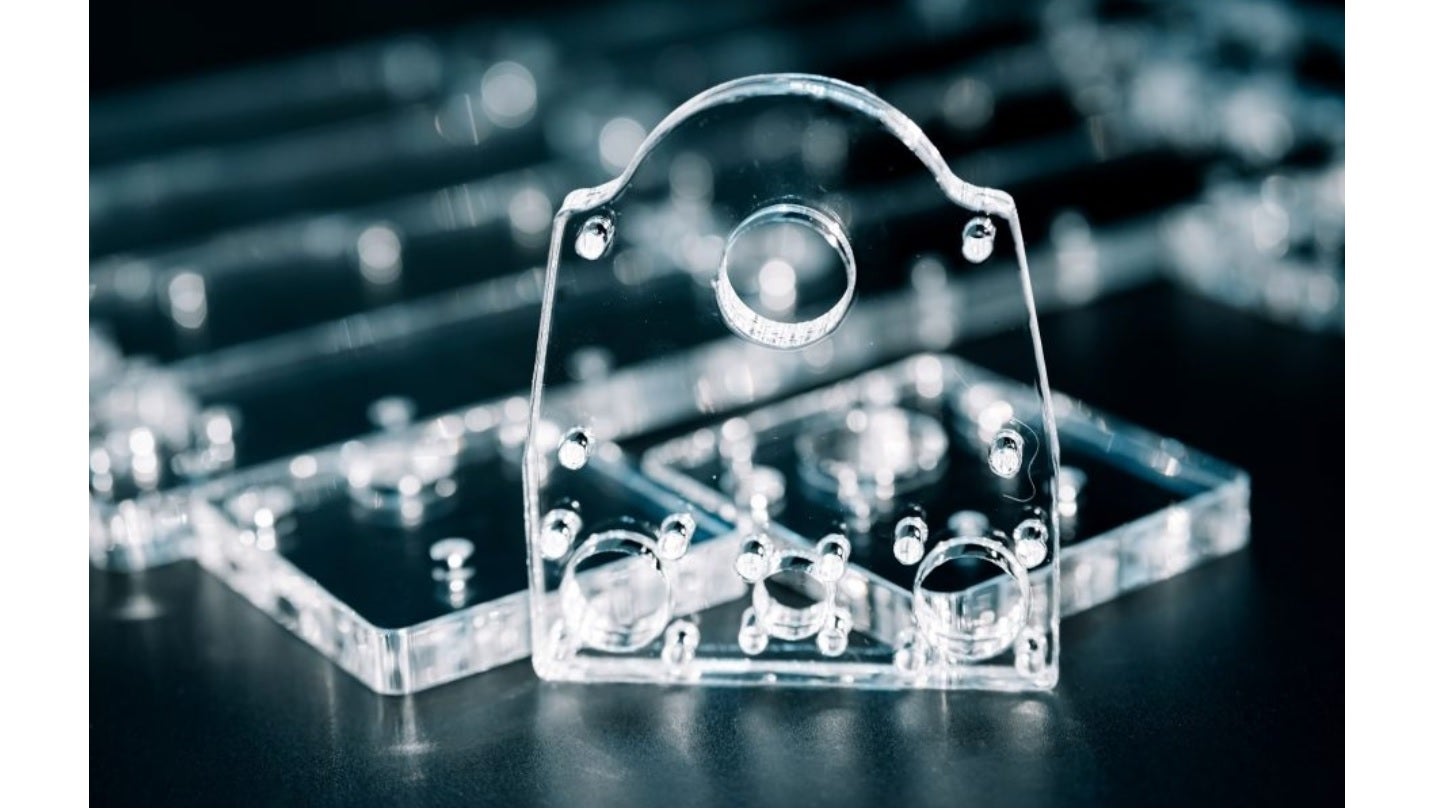
Researchers from the University of Florida (UF) have developed a new method for plastic recycling, which is claimed to reduce energy consumption while maintaining the quality of plastic.
A team of researchers guided by Brent Sumerlin conducted this experimental study, with graduate students James Young and Rhys Hughes taking the lead.
Sumerlin is a professor in the chemistry department at the university.
Plastic recycling usually comprises three main steps, namely collection, sorting, and reprocessing.
Sumerlin’s team focused on addressing the common issues that arise during the last step of reprocessing, which involves breaking down sorted plastics into smaller fragments before melting and moulding them to form new products.
This method frequently results in recycled plastic of lower quality, as it causes the polymer molecules in the plastics to break into shorter segments.
Sumerlin’s group opted for an alternative method known as chemical recycling, rather than industry-standard thermal reprocessing.
The team deployed a strategy that triggered the depolymerisation of the polymers, causing them to fully revert to the smaller monomer molecules from which they originated.
The monomer obtained can then be utilised to create new polymers possessing comparable or enhanced characteristics when compared to the original plastics.
Consequently, Sumerlin’s team of graduate students has developed a new method that significantly reduces the energy needed for depolymerisation.
Sumerlin said: “Our work is a response to the call to action proposed by the United Nations’ Sustainable Development Goals.
“New recycling strategies have become imperative to reduce the negative impact of plastic on the environment.”



